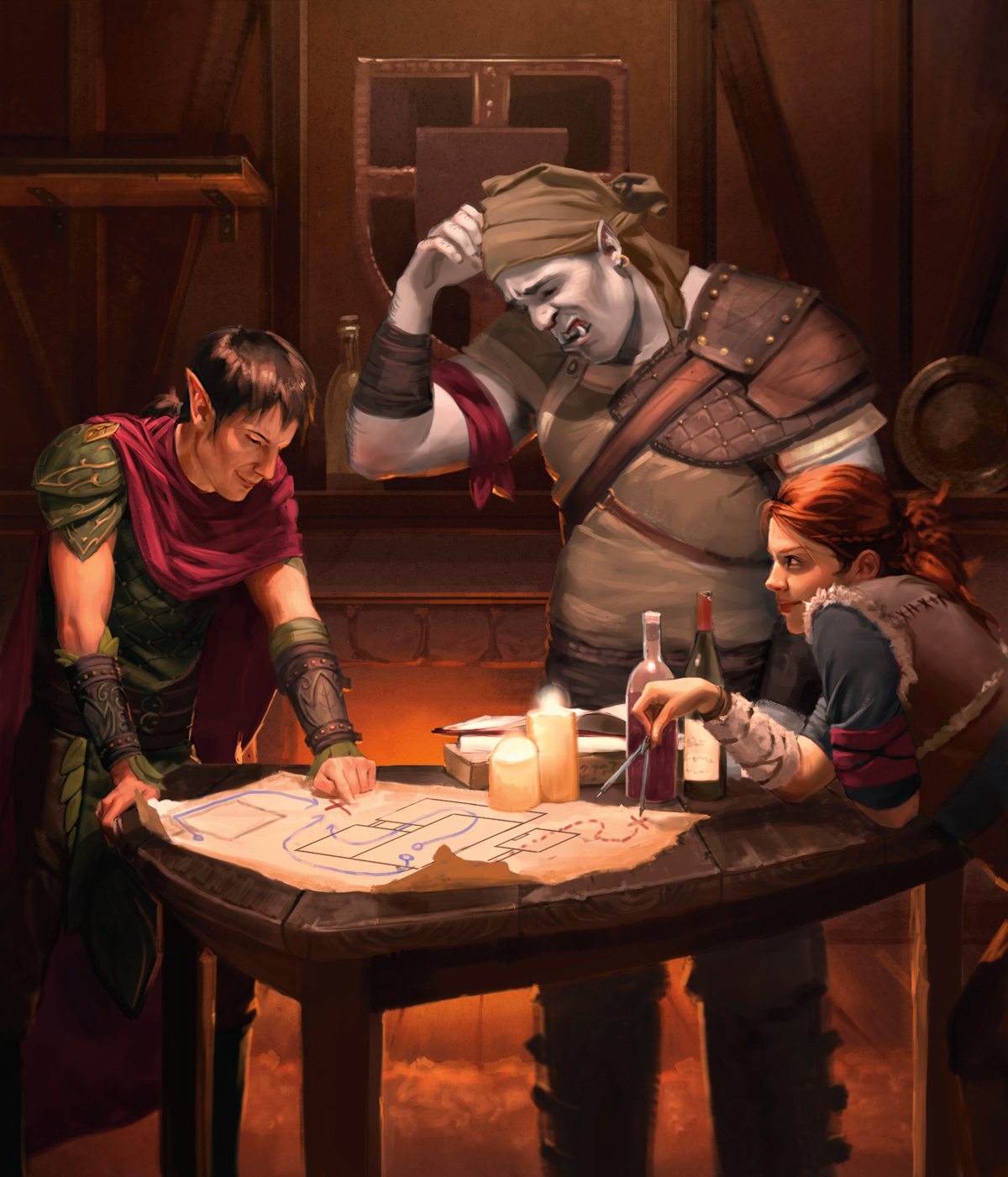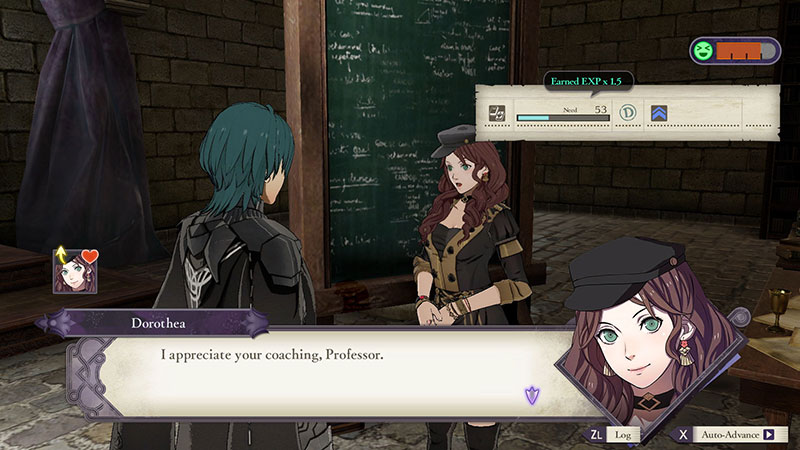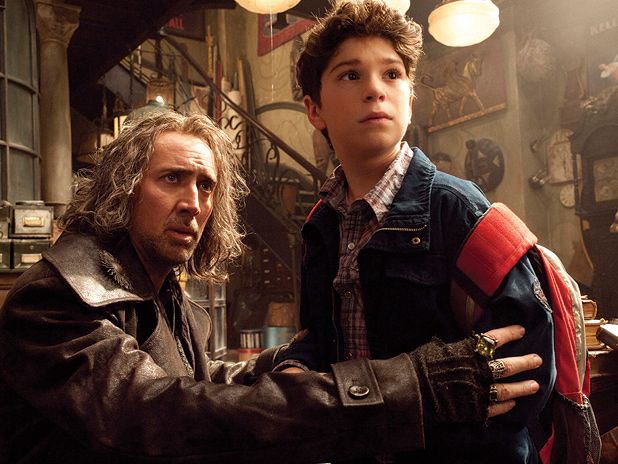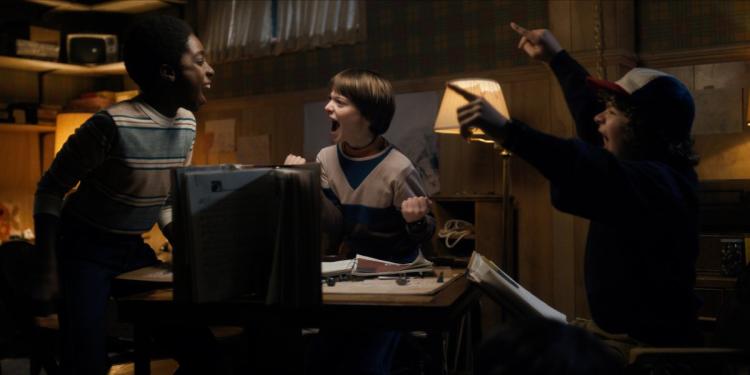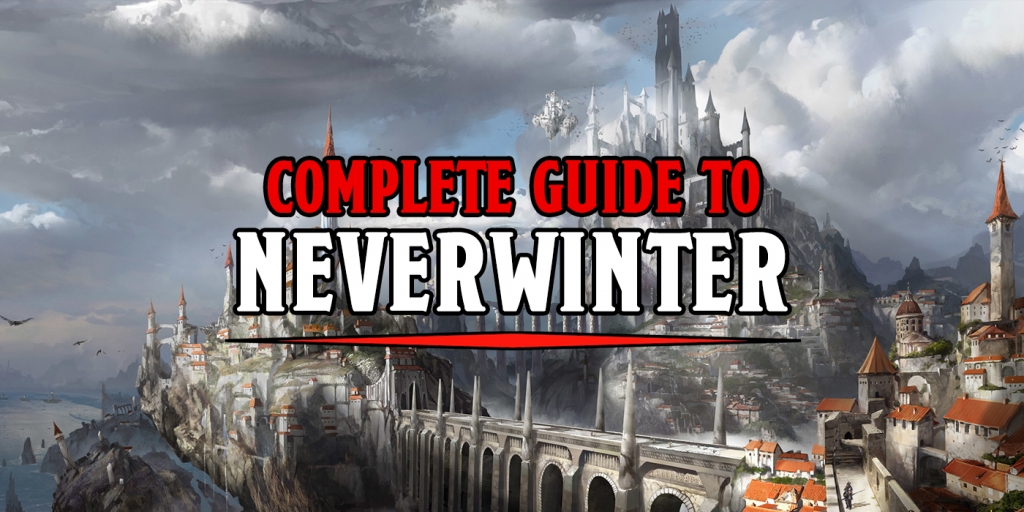RPG: Teachable Moments – Add Some Spice To Your NPCs
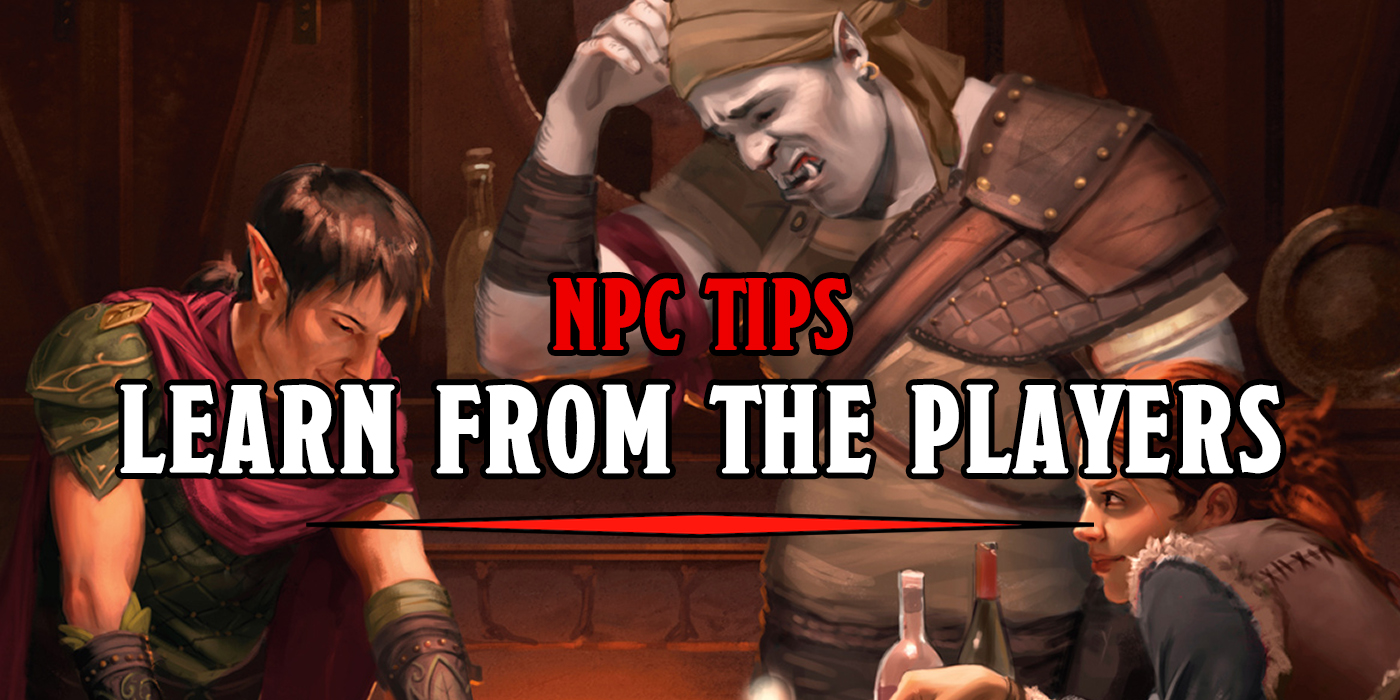
Leave a lasting impression on your players while getting them to think about what the impression their PCs leave on others–get them an apprentice today!
Heroes leave their mark on the world–at least that’s what most of us want to believe when we sit down to play an RPG of fantastic adventure and heroic action. Whether you’re playing the hackinest, slashinest D&D or the most feelings intensive Lasers & Feelings, you want to believe that your character mattered. Today, we’re going to talk about how you can bring your player’s actions and effects on the world into view without it feeling forced. We’re talking about apprentices. Or minions. Or sidekicks. Whatever word you use, these companion NPCs are impressionable, which is why your players are going to leave an impression on them. It may not be the one they think–but with the right kind of mindset, you can use NPCs learning and growing to help reflect how the PCs have grown on the way.
So let’s talk apprentices. This is a catchall term for relatively minor, recurring NPCs whose lives are influenced by the PCs in a more direct manor. They could be actual apprentices who are meant to be studying directly from the PCs, or a gang of urchins who take what the PCs say and run with it. Whatever they actually may be, NPC apprentices are basically NPCs that your players can check in with from time to time to see how they’ve developed. These aren’t changes we’d see “on screen.” If we were talking video games, these would be the quests where you make a decision and come back later to see how that’s worked out. Dragon Age: Inquisition and the Assassin’s Creed games where you can send your minions on missions are a great example of this. Or the new Fire Emblem game, which condenses teaching into gameplay that is oh-so-satisfying.
The basic gist goes something like this: an apprentice approaches a PC, the PC gives their apprentice some guidance in the form of an assignment or task to do while the party is out adventuring or doing their own downtime type activities, and then later when the PC checks back in with the impression some kind of meaningful change has happened. That’s a very simple expression with lots of room for complexity. You can hide this basic interaction in the form of all kinds of roleplay. I call these scenes teaching moments–because they’re moments where the PCs teach something to the NPCs, whether they’re aware of it or not.
A teaching moment can be obvious–like when an apprentice mage comes to talk to their teacher about learning spells. Or it can be obfuscated a little–a street urchin who trusts the PCs coming and asking for advice with a problem, for instance. And if you’re playing one of those games where the PCs already have servants and hirelings, then you can just find teaching moments when they give their hirelings a task. You don’t have to play out the PCs teaching the players directly, but you do want to get a sense of what they’re passing on. Are they encouraging their apprentice to research spells? Are they good at teaching? Are they encouraging their apprentice to research things or go out into the field and gather ingredients?
At the end of the day, it’s going to be up to you to figure out what the NPC takes away from the PC’s interfering. But in general you want to look for consequences that reflect the things they’re doing. These should make a bit of narrative sense–a knight squire sent out into the field to gather potion ingredients might become better at Medicine. A wizard’s apprentice could be encouraged to focus on a particular school of magic or learn certain rituals. If you’ve got the kind of PCs who are likely to laugh at/chide/deride/or make fun of your NPCs, you can make those teaching moments too.
Take care not to make them punishments, of course. Nobody wants to feel like they’ve turned their precious NPC baby into a collection of useless modifiers because they were playing the game and having fun. But if you had some PCs who never did manage to teach their wizard apprentice magic, it might be fun for the apprentice to be a better thief, for instance. They still get something cool, even if it wasn’t what they thought. Or wasn’t something they even knew they were getting.
Whatever you’re doing, you’re basically giving your PCs a choice to make for the NPC. Then you’re looking for the organic consequences that can grow out of that. It can be helpful to plan a few things out ahead of time. If you know your Paladin has a Squire, you might create a situation where the Paladin can either send their Squire out to scout, or to stay and keep watch. And depending on what they choose, the Squire might get a little better at stealth or perception.
It doesn’t matter what the mechanical consequences are, ultimately, because this isn’t a PC or anyone that needs full stats. They just need bonuses that reflect what they’ve done–and that are tied to, and named after, the events you’ve presented. Take your NPC and write out traits like “Component Fetcher” and give it a little playful description: After being sent to gather everything from bat guano to more bat guano, this Apprentice has learned to appreciate Nature in all kinds of new ways. They have +2 on checks. Or in the case of our magic-lesson-less wizard apprentice it might be something like: “Self-Reliant” Your insistence that your apprentice teach themselves has made them have faith in themselves, since no one else does. They have a +2 on Charisma saves.
And if you really want to get involved, once you’ve gotten a few lessons underway, it’s time to give your apprentices tests. Take a moment of time to show the NPC on their own, doing a thing–you don’t have to play it out, but you, the DM, describe what the apprentice is doing–then have the player roll using the NPC’s stats. And here’s the real trick–have them gain something whether or not they succeed. If it’s a net positive, great, but they could also gain traits that reflect their injuries or whatever. You want to be real careful when balancing things out, because if you just pile on negative traits for every decision you, personally, as a DM don’t agree with, then it’s easy to fall in the trap of punishing your players for not thinking like you.
And we have been moving away from that since 1st Edition. So let’s keep that going–try to just think of a couple of different options that are still cool–just maybe not what your players were expecting.
All of this just to say, give your players NPCs, look for ways they can change because of the players, and then find ways to show it. You don’t need a fancy system to do this–but trying out something like this can make caring for your NPCs into a mini-game, or just a way to get some extra depth out of what otherwise might just be a weirdly transactional/supplemental moment in the game.
Happy Adventuring!

